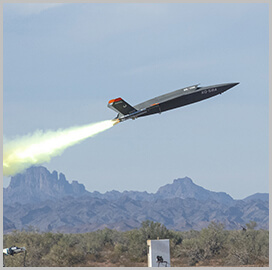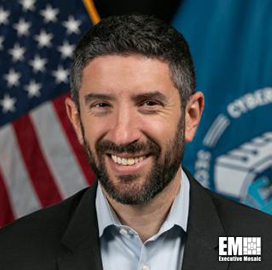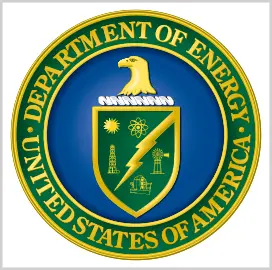Aprille Joy Ericsson, new business lead at NASA’s Goddard Space Flight Center Instrument Systems and Technology Division, has been named assistant secretary at the Department of Defense.
The Senate confirmed by voice vote Ericsson’s nomination Wednesday five months after President Biden nominated the more than 30-year NASA veteran to assume one of the three assistant secretary of defense positions in the Office of the Under Secretary of Defense for Research and Engineering.
Ericsson joined NASA in 1992 and has since held various roles of increasing responsibility, including chief technologist, program executive for Earth science and business executive for space science.
She assumed the new business lead position at Goddard in 2017 and oversaw public-private partnerships on research and development efforts.
The new OUSD(R&E) assistant secretaries will replace the deputy chief technology officer role and focus on science and technology, critical technologies and mission capabilities.




















